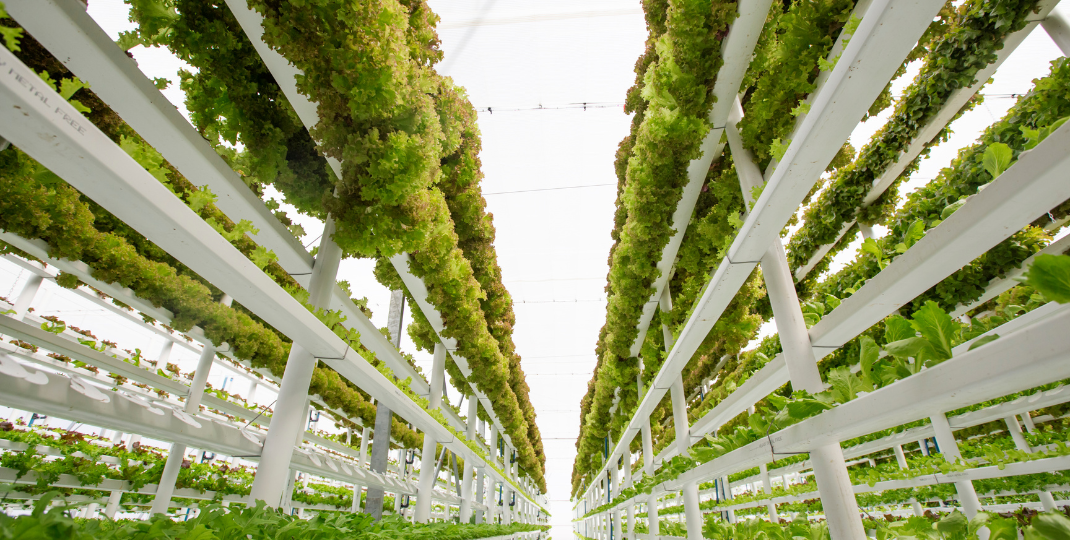Lab grown meat, also known as cultured meat or in vitro meat, has recently gained approval and recognition from regulatory agencies around the world. This groundbreaking technology involves growing real animal meat cells in a laboratory setting, eliminating the need for traditional livestock farming and slaughter. The approval of lab grown meat marks a significant milestone in food innovation, as it offers a sustainable and ethical alternative to conventional meat production. With its potential to reduce environmental impact, address food security challenges, and improve animal welfare, lab grown meat is poised to revolutionize the way we produce and consume meat.

Regulating and Ensuring the Safety of Lab-Grown Meat for Consumption
Lab grown meat, also known as cultured meat, will be regulated and ensured to be safe for consumption through a combination of existing food safety regulations and additional specific guidelines. Regulatory bodies such as the Food and Drug Administration (FDA) in the United States and the European Food Safety Authority (EFSA) in Europe will oversee the approval process and establish safety standards for lab grown meat production. This will involve rigorous testing and evaluation of the entire cultivation process, from cell sourcing to final product manufacturing, ensuring that it meets all necessary health and safety criteria. Additionally, labeling requirements may be implemented to inform consumers about the nature and origin of the lab grown meat they are purchasing, further enhancing transparency and safety.

What are the long-term health effects of consuming lab grown meat?
The long-term health effects of consuming lab-grown meat are not yet fully understood, as the technology is still relatively new and research is ongoing. However, initial studies suggest that lab-grown meat has the potential to be a healthier alternative to conventionally produced meat. It can be produced without the use of antibiotics or hormones, reducing the risk of antibiotic resistance and hormone-related health issues. Additionally, since lab-grown meat is produced in a controlled environment, it may have fewer contaminants such as bacteria and parasites commonly found in conventional meat. However, further research is needed to assess the nutritional profile and long-term impact on human health of lab-grown meat.
Will lab grown meat have the same taste and texture as traditional meat?
Lab-grown meat, also known as cultured meat, is created by growing animal cells in a lab rather than raising and slaughtering animals. While the ultimate goal of lab-grown meat production is to closely mimic traditional meat in taste and texture, achieving this exact match is still a work in progress. The current iterations of lab-grown meat are said to have a similar taste but may lack some of the lab grown meat approved complexities and nuances found in traditional meat. In terms of texture, scientists are working on developing methods to recreate the intricate structures found in meat, such as marbling and fat distribution. Overall, while lab-grown meat may not be identical to traditional meat yet, advancements in technology and research are continually improving its taste and texture to make it more comparable.
How will the production of lab grown meat impact the environment?
The production of lab-grown meat, also known as cultured meat, has the potential to positively impact the environment in several ways. Firstly, it can significantly reduce greenhouse gas emissions compared to traditional livestock farming, as cultured meat requires fewer resources and produces less methane. Additionally, lab-grown meat eliminates the need for large-scale land use for animal agriculture, reducing deforestation and habitat destruction. It also reduces water consumption and pollution associated with livestock farming, as it requires much less water to produce. Overall, the production of lab-grown meat has the potential to mitigate environmental issues related to conventional meat production, making it a more sustainable and eco-friendly alternative.
What is the cost of producing lab grown meat compared to traditional meat?

The cost of producing lab-grown meat, also known as cultured meat or cell-based meat, is currently higher compared to traditional meat production. This is primarily due to the complex and resource-intensive process involved in growing meat cells in a laboratory setting. The production requires specialized equipment, growth media, and expertise, which adds to the overall cost. However, with advancements in technology and scaling up production, it is anticipated that the cost of lab-grown meat will decrease over time, potentially becoming more competitive with traditional meat in the future.

Will lab grown meat be accessible and affordable for all consumers?
The accessibility and affordability of lab-grown meat for all consumers is a complex issue that depends on various factors. While lab-grown meat has the potential to become more accessible and affordable over time, currently it is relatively expensive and limited in availability due to the high production costs involved in its development. However, as technology advances and economies of scale are achieved, it is possible that lab-grown meat could become more affordable and widely accessible. Additionally, regulatory approvals, consumer acceptance, and market competition will play significant roles in determining the future accessibility and affordability of lab-grown meat for all consumers.
How will the introduction of lab grown meat affect traditional livestock farming and the livelihoods of farmers?
The introduction of lab-grown meat has the potential to significantly impact traditional livestock farming and the livelihoods of farmers. Lab-grown meat, also known as cultured meat or clean meat, is produced by cultivating animal cells in a laboratory instead of raising and slaughtering animals. If lab-grown meat becomes more commercially viable and widely adopted, it could lead to a decline in demand for traditionally farmed meat, thereby reducing the need for large-scale livestock farming. This shift may result in job losses for farmers who rely on livestock farming as their primary source of income. However, some farmers may have the opportunity to transition into producing and cultivating the cells required for lab-grown meat, potentially offering an alternative avenue for income generation within the emerging industry. Overall, the introduction of lab-grown meat could bring about significant changes in traditional livestock farming, impacting the livelihoods of farmers and requiring adaptation to new technologies and practices.

What ethical considerations need to be addressed regarding the creation and consumption of lab grown meat?

When it comes to the creation and consumption of lab grown meat, there are several ethical considerations that need to be addressed. Firstly, the well-being and rights of animals should be taken into account, as traditional meat production involves cruelty and suffering. Lab grown meat has the potential to eliminate or greatly reduce this harm. Secondly, environmental concerns such as land use, water consumption, and greenhouse gas emissions should be considered, as lab grown meat has the potential to be more sustainable and environmentally friendly compared to traditional livestock farming. Additionally, questions regarding the safety and long-term health effects of consuming lab grown meat need to be thoroughly researched and addressed before it becomes widespread. Lastly, issues related to economic impact, cultural acceptance, and the future of traditional farming communities must also be considered and managed ethically.
Lab Grown Meat Approved: A Game-Changer for the Food Industry
In conclusion, the approval of lab-grown meat marks a significant milestone in the realm of food production and sustainability. With its ability to eliminate the need for traditional animal agriculture, lab-grown meat offers a promising solution to address the environmental and ethical concerns associated with conventional meat consumption. Furthermore, its potential to reduce greenhouse gas emissions, land and water usage, and antibiotic resistance makes it an attractive alternative for a growing global population. While there are still challenges to overcome, such as production scalability and consumer acceptance, the approval of lab-grown meat paves the way for a more sustainable and humane future of food.
